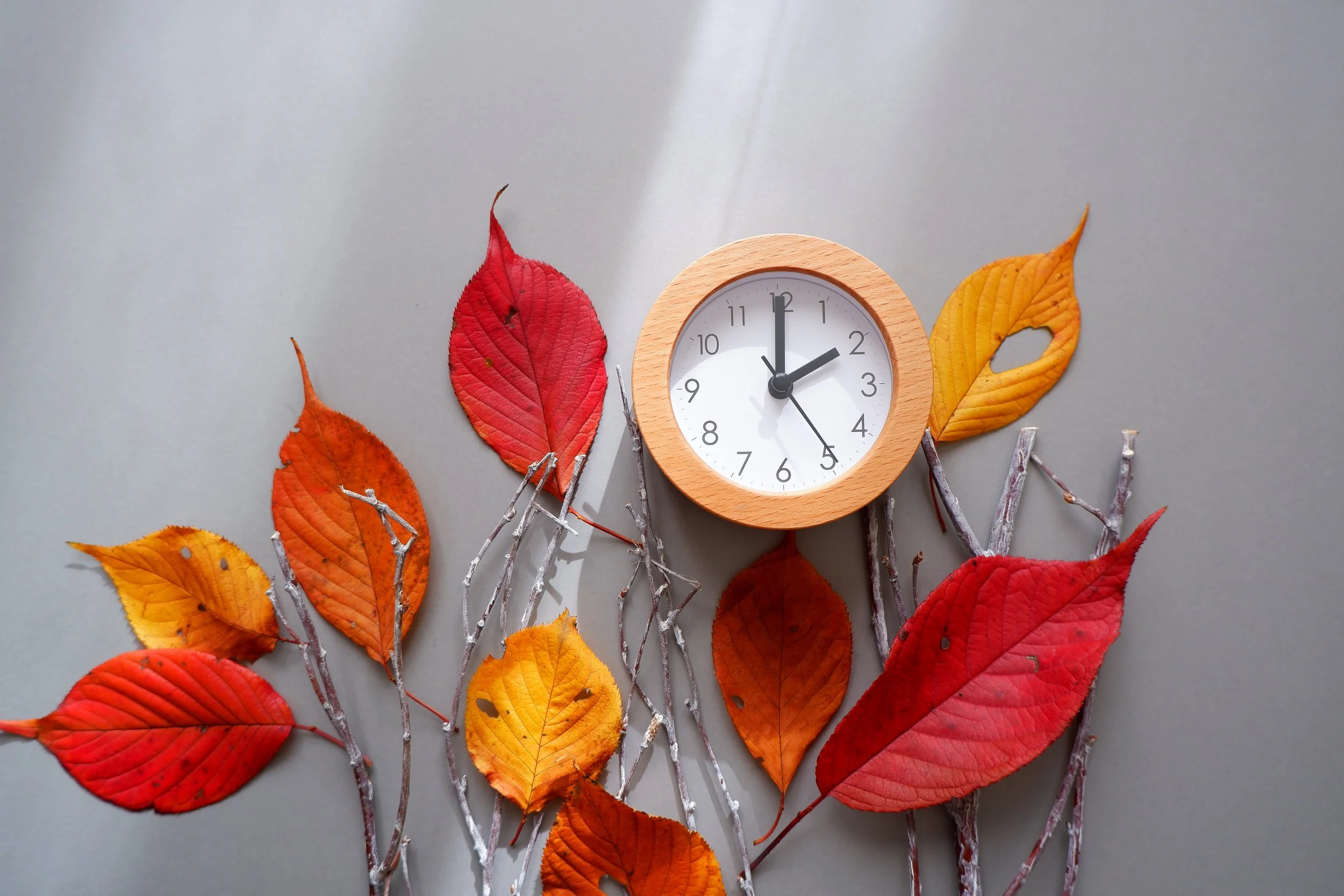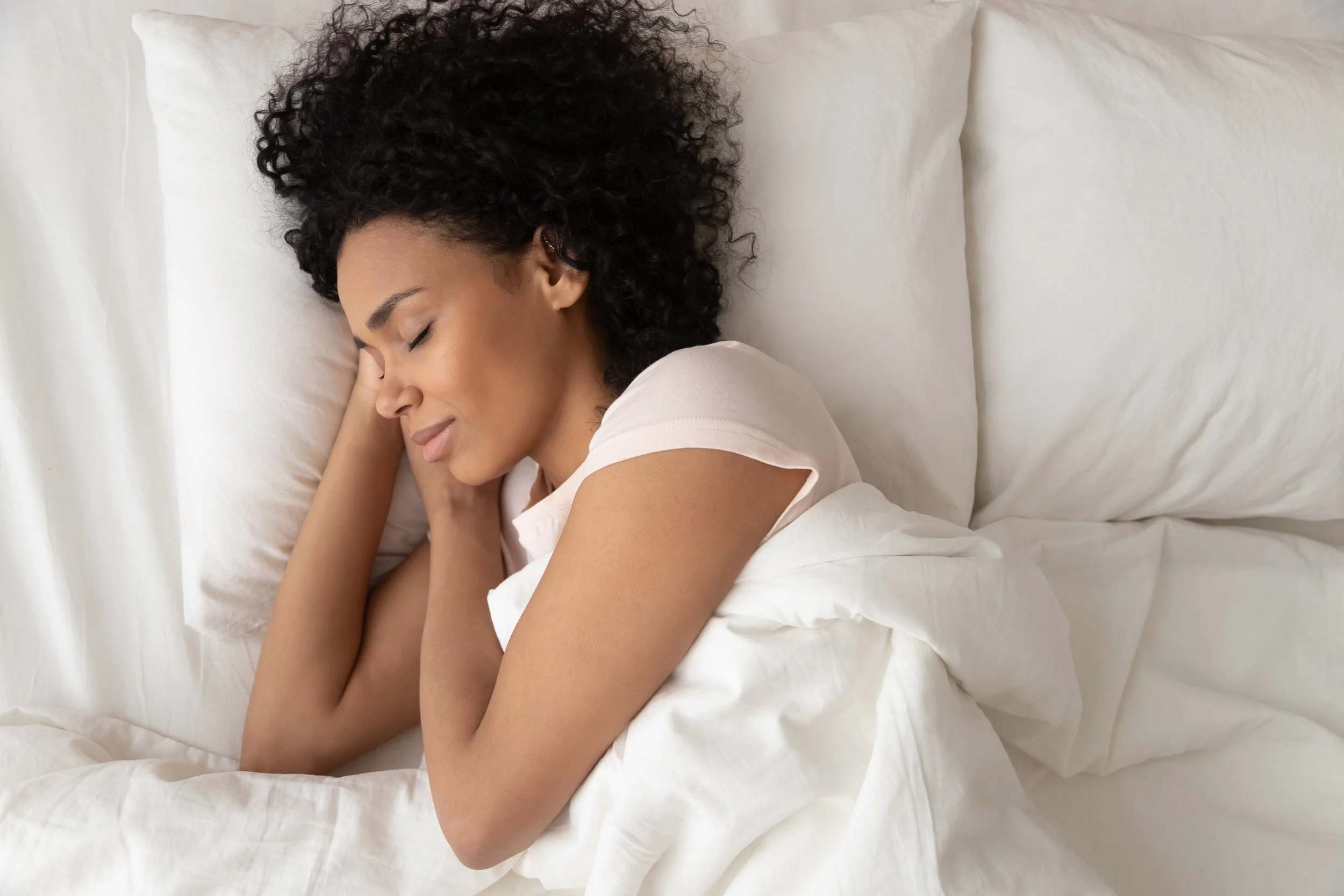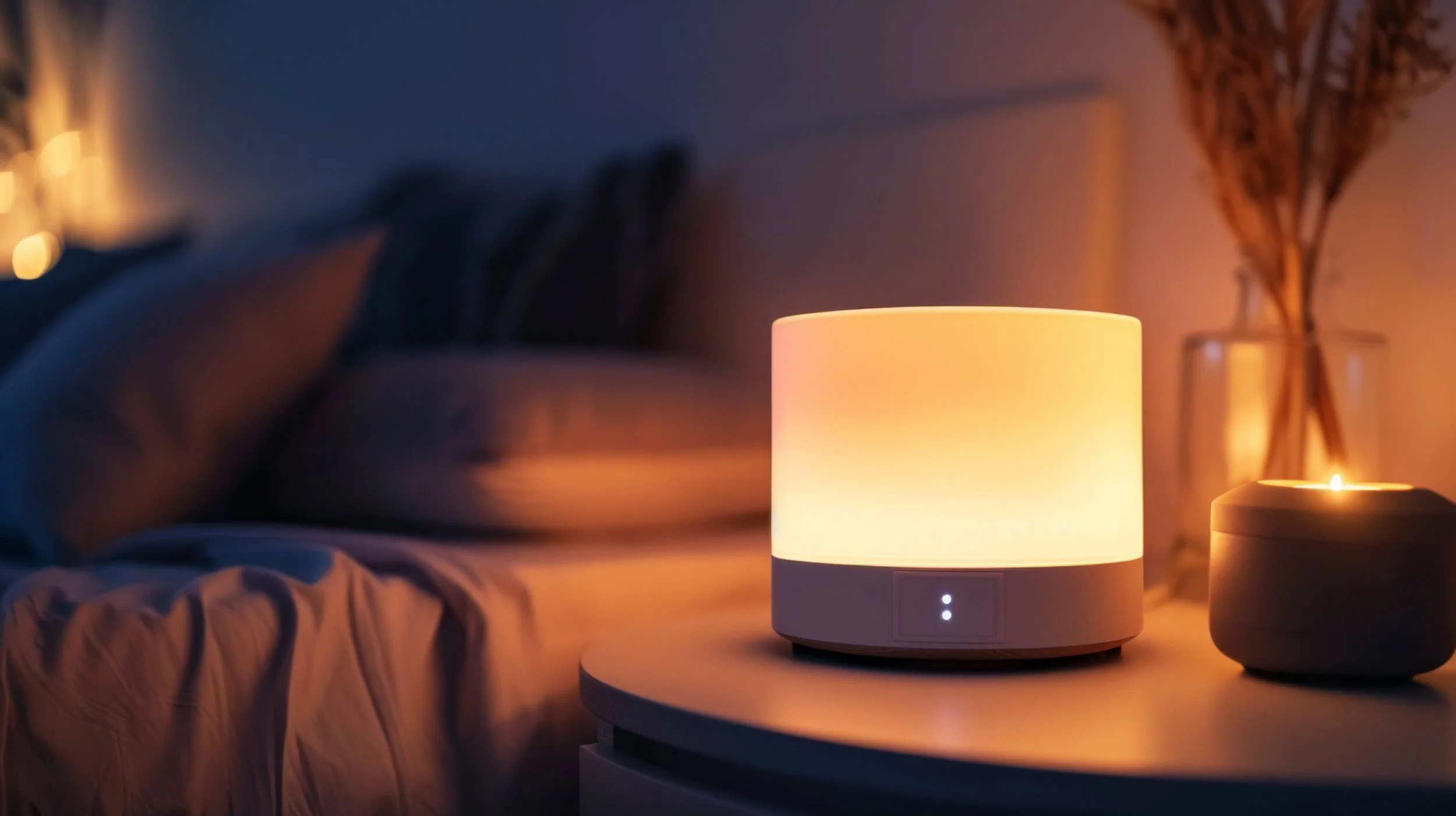Falling Back: Practical Strategies to Adapt to Time Changes
Tis the season for time changes! Right now, you might find yourself grappling with the consequences of changing the clocks back. While one hour might not seem like much, adjusting to the time change can disrupt sleep patterns, energy levels, and overall wellness. Here are some strategies to help you adapt smoothly to the time change in the days ahead:
Check Your Circadian Rhythm
The time change can shake up your circadian rhythm – better known as your natural body clock that regulates your sleep and wake cycles. When we spring forward or fall back, our bodies need time to adjust to either losing or gaining extra sleep. Sleep disturbances, irritability, and decreased productivity are common side effects.
Small Adjustments
One of the most effective ways to ease into a new routine, like the time change, is to make gradual adjustments to your schedule to allow your body to acclimate more easily. Be mindful of the time and train your body to sleep better. Adjust your schedule in small increments over the course of a few days by going to bed and waking up just 15-30 minutes earlier or later.
Prioritize Sleep Hygiene
Focus on quality sleep. What does this look like? Create a calming bedtime routine that signals to your body it’s time to wind down. Turn off electronic devices and relax under the covers with a book or meditation. Prepare your sleep environment by eliminating light, setting a cooler temperature, and reducing noise.
Embrace Natural Light
Whereas nighttime means eliminating light, morning is the ideal time to welcome natural light. You’ll notice light creeping in through your windows at an earlier hour, so use it to your advantage. Regulate your internal clock by getting outside in the morning sunlight and throughout the day, spend time outdoors and expose yourself to sunlight – enjoy lunch outdoors, bring your laptop outside to work if you are able, or get in an afternoon walk at a local park. Naturally boost your mood and energy levels with some Vitamin D!
Stay Active
Move your body! Use movement to help you feel more awake during the day and promote better sleep at night. Aim for at least 30 minutes of moderate exercise – it can be as simple as a brisk walk, a fitness class at a local studio, or an at-home workout. Most important is to simply stay active even during the time change.
It’s normal to feel off balance with a time change be it from vacationing in a different time zone or changing the clocks. Giving your body the time it needs to adapt to the new routine and incorporating strategies that are easy to put into practice will help your mind and body adjust more quickly. Here’s to wellness!




